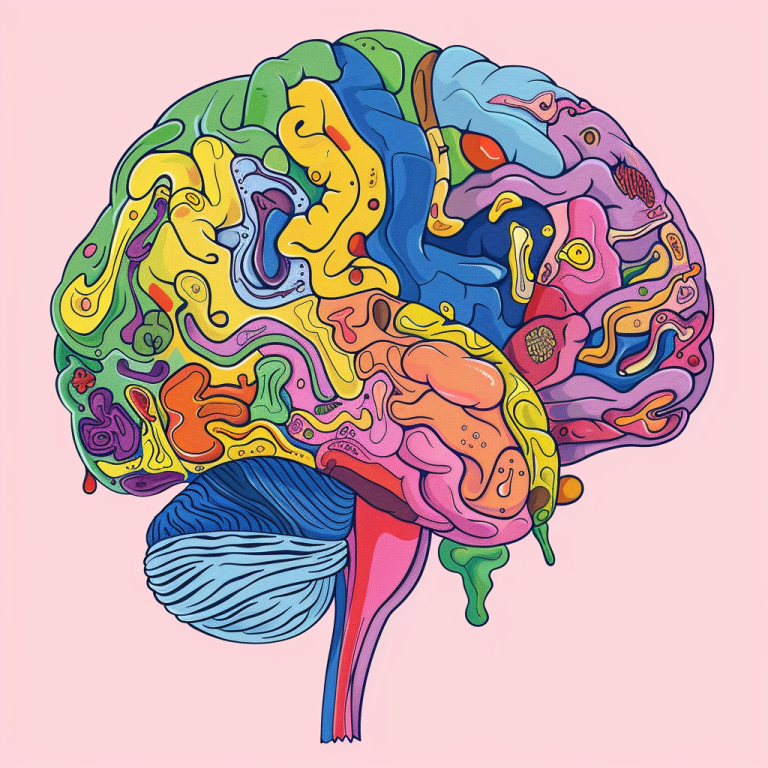
I. Introduction
A. Overview of Preschool Memory Training Programs
Preschool memory training programs enhance cognitive development in young children by employing structured activities. These activities, tailored to developmental needs, aim to improve memory, attention, and executive functions crucial for academic success. Utilizing engaging games, storytelling, and repetition, memory training programs create a stimulating environment for cognitive growth in early childhood.
B. Prevalence of Misconceptions in the Public Sphere
Despite their popularity, misconceptions persist about the effectiveness of preschool memory training programs. These misunderstandings often result from a lack of familiarity with the underlying principles and methodologies. Dispelling these myths is crucial for a more accurate understanding of the benefits and potential of memory training programs for preschool-aged children.
II. Myth 1: Preschoolers are Too Young for Memory Training
A. Rethinking Age-Appropriateness
One prevalent myth is that preschoolers are too young to benefit significantly from memory training. However, research in developmental psychology consistently demonstrates the cognitive plasticity of young children, suggesting the preschool years as an opportune time for cognitive interventions. This period is characterized by rapid brain development, making it ideal for introducing memory training activities tailored to preschoolers.
B. Early Cognitive Benefits of Memory Training
Memory training programs for preschoolers capitalize on their innate learning abilities through structured experiences that promote memory formation and retention. Playful and interactive activities, such as memory games, puzzles, and storytelling, encourage active engagement with information, strengthening neural pathways associated with memory and cognition. Introducing memory training early lays a solid foundation for essential cognitive skills supporting academic success.
III. Myth 2: Memory Training is Only About Rote Memorization
A. Expanding the Concept of Memory Training
Another misconception is that memory training programs focus solely on rote memorization, devoid of understanding. Effective memory training goes beyond repetition, encompassing strategies like mnemonic devices, visualization, and association to enhance memory function and cognitive skills. These programs emphasize fostering creativity and critical thinking, incorporating art projects, music activities, and imaginative play to stimulate children’s imagination and develop higher-order cognitive skills.
B. Integrating Creativity and Critical Thinking
Memory training programs prioritize creativity and critical thinking skills in preschool-aged children. Incorporating creative exercises, such as art projects, music activities, and imaginative play, stimulates imagination and encourages exploration of new ideas and concepts. Engaging children in activities that require critical thinking and problem-solving helps develop higher-order cognitive skills fundamental to academic success and intellectual growth.
IV. Myth 3: Memory Training Programs Are One-Size-Fits-All
A. Recognizing Individual Learning Styles
A common misconception is that memory training programs adopt a one-size-fits-all approach, assuming uniform learning styles among children. Effective programs recognize the diversity of learning styles and adapt instructional methods to meet the unique needs of each child. By acknowledging variations in learning preferences, educators ensure that memory training activities are accessible and engaging for all children, regardless of background or abilities.
B. Customization for Diverse Preschoolers
Memory training programs prioritize customization and flexibility, allowing educators to tailor their approach to the specific needs and interests of individual children. This involves modifying activities, providing additional support, or offering alternative instructional strategies. Embracing diversity and inclusivity creates a supportive learning environment where all children feel valued and empowered to succeed.
V. Myth 4: Preschool Memory Training is Stressful for Children
A. Emphasizing Playful and Enjoyable Learning
Contrary to popular belief, effective memory training programs prioritize children’s well-being and happiness, ensuring that learning experiences are engaging, enjoyable, and stress-free. Incorporating elements of play, exploration, and creativity fosters a positive and nurturing environment, promoting children’s intrinsic motivation and love for learning. Balancing structured activities with opportunities for free exploration maintains a positive attitude towards education and cultivates lifelong learning habits.
B. Balancing Structure with Flexibility
While structure is essential, maintaining a balance between structured activities and opportunities for free exploration and expression is crucial. A flexible curriculum accommodates individual needs and preferences, allowing children to learn at their own pace and in ways that suit their unique styles. This approach promotes autonomy, self-regulation, and independence, empowering children.
In conclusion
Preschool memory training programs offer valuable opportunities for promoting cognitive development in young children. Dispelling common myths helps educators and parents understand their potential benefits. Through engaging, personalized, and enjoyable learning experiences, memory training programs empower preschoolers to develop essential cognitive skills, fostering a love for learning and a lifelong journey of intellectual growth and discovery. Advocating for early childhood education involves recognizing the importance of memory training programs in laying the foundation for all children’s future success.